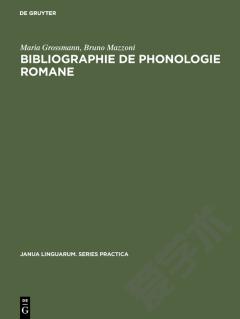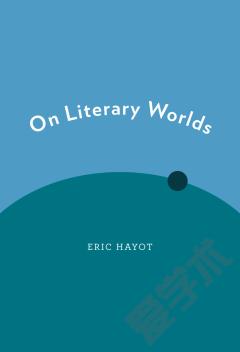Romanian Literature as World Literature
Approaching Romanian literature as world literature, this book is a critical-theoretical manifesto that places its object at the crossroads of empires, regions, and influences and draws conclusions whose relevance extends beyond the Romanian, Romance, and East European cultural systems. This “intersectional” revisiting of Romanian literature is organized into three parts. Opening with a fresh look at the literary ideology of Romania's “national poet,” Mihai Eminescu, part I dwells primarily on literary-cultural history as process and discipline. Here, the focus is on cross-cultural mimesis, the role of strategic imitation in the production of a distinct literature in modern Romania, and the shortcomings marking traditional literary historiography's handling of these issues. Part II examines the ethno-linguistic and territorial complexity of Romanian literatures or “Romanian literature in the plural.” Part III takes up the trans-systemic rise of Romanian, Jewish Romanian, and Romanian-European avant-garde and modernism, Socialist Realism, exile and émigré literature, and translation.
{{comment.content}}








 京公网安备 11010802027623号
京公网安备 11010802027623号